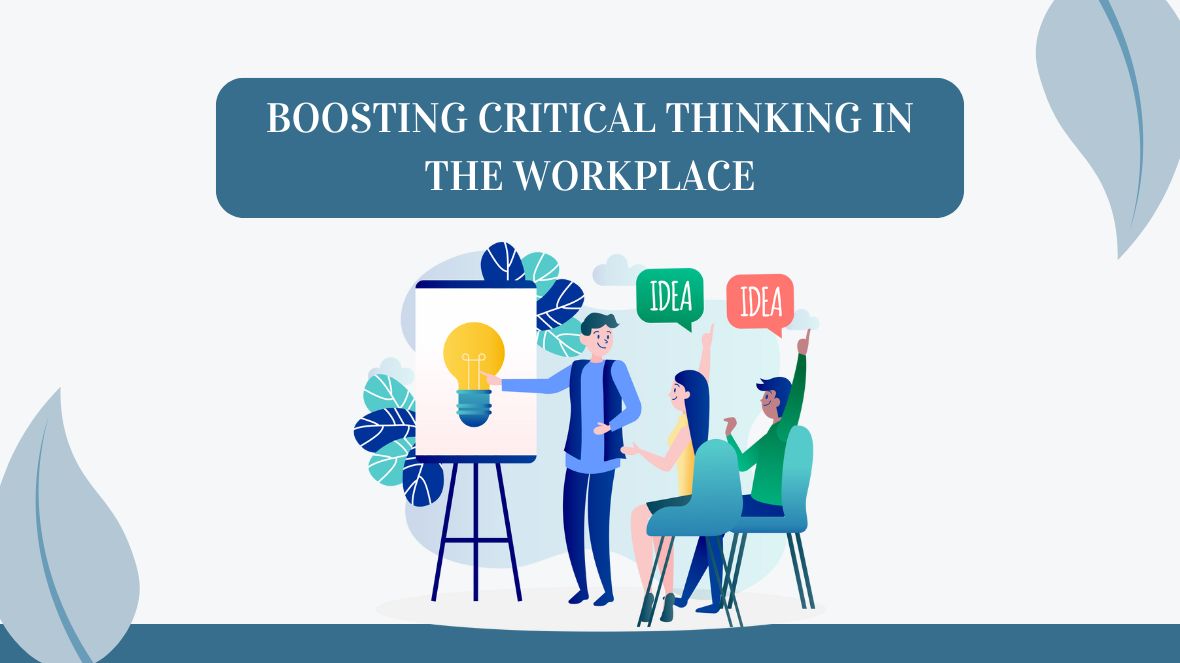In today’s professional landscape, critical thinking is vital for addressing challenges, crafting solutions, and driving innovation. Here are practical strategies to foster critical thinking at work:
1. Foster Curiosity
Encourage employees to ask questions, challenge norms, and explore diverse perspectives. This approach uncovers hidden opportunities and fuels innovation.
For instance: “Salesforce Innovation Fridays” provides time to explore tools like Einstein GPT and Flow Builder, promoting creativity and improvement.
2. Embrace Diverse Perspectives
Diverse teams offer unique viewpoints, enabling creative problem-solving and unconventional solutions.
For instance: A Salesforce team of sales reps, marketers, admins, and analysts collaborates to optimize workflows, integrating AI-driven insights and improving efficiency by 25%.
3. Invest in Training
Combine hands-on workshops, real-world scenarios, and interactive tools to enhance problem-solving skills and knowledge retention.
For instance: Training on advanced Flow Builder techniques helps admins automate workflows, reducing manual errors by 20% and boosting team expertise.
4. Promote Reflection
Encourage teams to analyze decisions, identify biases, and document lessons learned for continuous improvement.
For instance: After automating lead assignments, teams review successes and challenges, refining workflows and enhancing communication.
5. Empower Decision-Making
Grant employees autonomy within clear guidelines to build confidence and critical thinking skills.
For instance: A Salesforce admin creates automated case assignment processes, reducing resolution times by 30% and improving customer satisfaction.
6. Leverage Technology
Utilize tools like AI and analytics to enhance critical analysis and informed decision-making.
For instance: Einstein Analytics identifies stalled deals and suggests actions, boosting close rates by 15% and refining forecasts.
7. Encourage Learning from Mistakes
Treat mistakes as growth opportunities to inspire resilience and innovation.
For instance: A Flow Builder issue is openly reviewed, leading to improved error handling and testing processes, fostering team growth and reliability.
8. Lead by Example
When leaders demonstrate critical thinking and transparency, it inspires teams to follow suit.
For instance: A Salesforce manager shares decision rationales during a project, encouraging collaboration and thoughtful problem-solving.
Conclusion
Fostering critical thinking enhances innovation, efficiency, and engagement. By promoting curiosity, diversity, and reflection, and equipping teams with the right tools, organizations can thrive in today’s complex world


